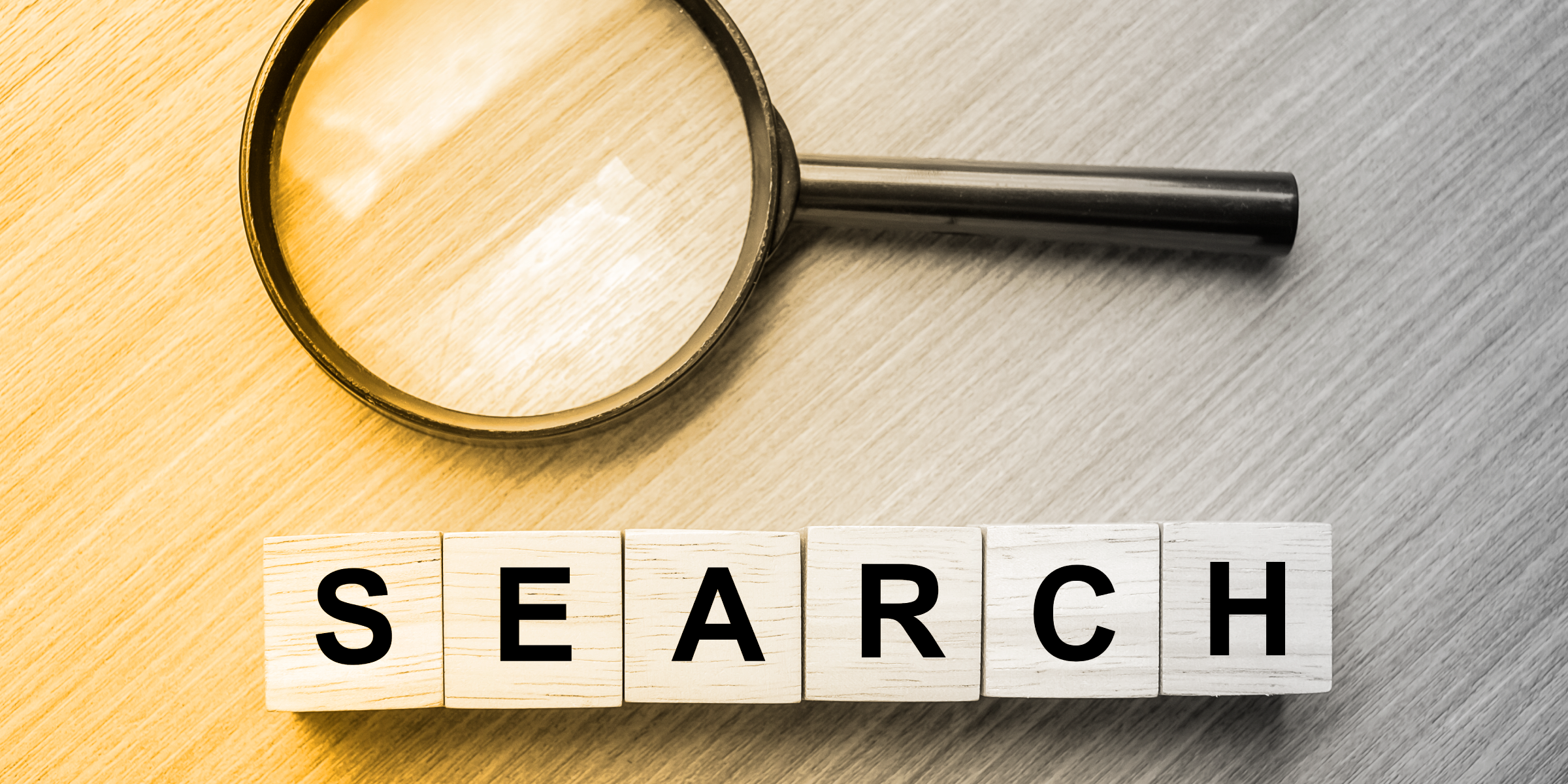
The Rise of Bing and How it Differs from Google
“Let me Google that.” You may have heard someone use this phrase. Just like “Kleenex” became synonymous with facial tissue, Google’s dominance in the search engine space has created remarkable brand recognition. However, there are other popular search engines that millions of people use every day, including Microsoft’s Bing.
Bing was launched by Microsoft in 2009. It is currently the second most popular search engine worldwide, far behind Google, with a market share of 2.98% from July ‘22 to July ‘23. However, Bing has been steadily growing in popularity over the years, thanks to Microsoft’s increased investment and strategic partnerships. But how does Bing compare to Google, the undisputed leader of the search engine industry?
How Bing is Building
One of the main reasons for the rise of Bing is Microsoft’s commitment to improving its search engine. Microsoft has invested heavily in enhancing Bing’s search results, features, and design, making it more competitive and attractive to users. For example, Microsoft has added features such as voice search, instant answers, and visual search, as well as improved its web crawler and indexing technology. Microsoft is dogged in its pursuit of a brand and logo that connect with users, updating it frequently in recent years.
Another reason for the rise of Bing is its strategic partnerships with other companies. Microsoft has collaborated with companies like Yahoo and Nokia to make Bing the default search engine on their devices. For instance, Bing powers Yahoo’s web search and provides search results for Nokia’s smartphones. These partnerships have increased Bing’s reach and popularity among users who prefer these devices or platforms.
Differences Between Bing and Google
While both Bing and Google are search engines that aim to provide relevant and useful information to users, they have some notable differences in how they rank websites and what features they offer.
One of the most important aspects of a search engine is its website ranking algorithm. The algorithm determines how websites are ordered and displayed on the search results page. Bing and Google have different ranking algorithms that consider different factors when evaluating websites.
Bing’s ranking algorithm is based on three main factors: content quality, backlinks, and user search history. Content quality refers to how well a website matches the user’s query, how informative and original it is, and how well it is structured and formatted. Backlinks refer to how many other websites link to a website, indicating its popularity and authority. User search history refers to how often a user visits a website or clicks on its link, indicating its relevance and preference.
Google’s ranking algorithm is more complex and considers a wider range of factors than Bing. Some of these factors include site speed, mobile-friendliness, domain age, social signals, user behavior, and artificial intelligence. Site speed refers to how fast a website loads on different devices, affecting its usability and performance. Mobile-friendliness refers to how well a website adapts to different screen sizes and orientations, affecting its accessibility and user experience. Domain age refers to how long a website has been registered, indicating its credibility and stability. Social signals refer to how many likes, shares, comments, or followers a website has on social media platforms, indicating its popularity and engagement. User behavior refers to how users interact with a website, such as how long they stay on it, how many pages they view, or how often they bounce back to the search results page. Artificial intelligence refers to how Google uses machine learning and natural language processing to understand user intent and context better.
AI Chat is Changing Search.
Bing has introduced a new “Chat” function that changes how users interact with their search engine. Other search engines will introduce chat-assisted search functions in the coming months and years. Here’s what it means for the user experience:
- AI chatbots can provide direct answers to users’ queries, rather than just a list of links. This can save time and effort for users who want to find specific information quickly and easily. For example, if you ask me “Who is the president of France?”. I can tell you that it is Emmanuel Macron1, rather than giving you a link to his Wikipedia page.
- Chat-powered search can also engage in a conversation with users, rather than just a one-way interaction. This can make the search experience more natural, personalized, and enjoyable. For example, if you ask me “What is the weather like in Paris?”. I can tell you that it is sunny and 25°C2. Then I can ask you if you are planning to visit Paris soon.
- AI chatbots like the New Bing can also learn from users’ feedback and improve their responses over time. This can make the search engine more adaptive, intelligent, and accurate. For example, if you tell me that my answer was wrong or incomplete, I can apologize and try to correct or update my answer with more reliable sources.
Unique Features
Another way Bing and Google try to gain users is by implementing additional unique features that cater to different user needs and preferences.
Bing’s unique features include reward programs for users and advanced image and video search capabilities. Reward programs allow users to earn points by using Bing for searching or shopping online. These points can be redeemed for gift cards or donations to charities. Advanced image and video search capabilities allow users to find images or videos based on color, size, layout, license, or face recognition. Users can also use their own images or videos as queries to find similar or related ones.
Google’s unique features include academic paper search and Google Scholar for research articles. Academic paper search allows users to find scholarly papers on various topics from different sources such as journals, books, or conferences. Users can also filter their results by author, publication date, citation count, or publisher. Google Scholar is a specialized service that provides access to academic literature from various disciplines and sources. Users can also create alerts for new publications or citations related to their research interests.
Which Search Engine Should I Use?
The question of which search engine is better depends largely on individual needs and preferences. The best way to determine which search engine is better for you is to try both of them and compare their results and features based on your personal experience.
Search Results
One of the most noticeable differences between Bing and Google is their search results. Due to their different ranking algorithms, Bing and Google may display different websites or order them differently for the same query. For example, if you search for “best laptops 2023”, you may see different brands or models of laptops on the first page of Bing and Google.
Google is generally regarded as having more accurate and relevant results than Bing, as it has a larger and more diverse index of websites, a more sophisticated algorithm, and a better understanding of user intent. However, Bing may have an advantage in providing more personalized results than Google, as it considers user search history more heavily and allows users to customize their settings more easily.
Black Raven Employs Modern Solutions
We keep an open-minded and discerning eye on new technologies and tools as they emerge. Bing is still far behind Google in terms of regular use, but their innovations in the search engine space will impact user experience for years to come. Black Raven can help you elevate your business with specialized SEO services. Our team of experts is dedicated to enhancing your visibility on search engines, driving organic traffic, and boosting your brand’s recognition. Discover how we can tailor our SEO strategies to match your specific business objectives.
More from Black Raven

Why Funnels Can Still Help You Build a Marketing Strategy
In business, popular concepts go in and out of fashion, but certain principles remain constant. To find a successful path for your business, you need

Rebrand with Confidence, Strategy, and Creativity
We understand that rebranding isn’t simply about changing logos or giving your business a modern look. It starts with a strategic process that requires thoughtful

Maximizing Social Media Impact: Balancing Planned and Organic Content
In crowded digital spaces, strategic social media management is essential for businesses looking to stay on top and get noticed. But what’s the best approach?